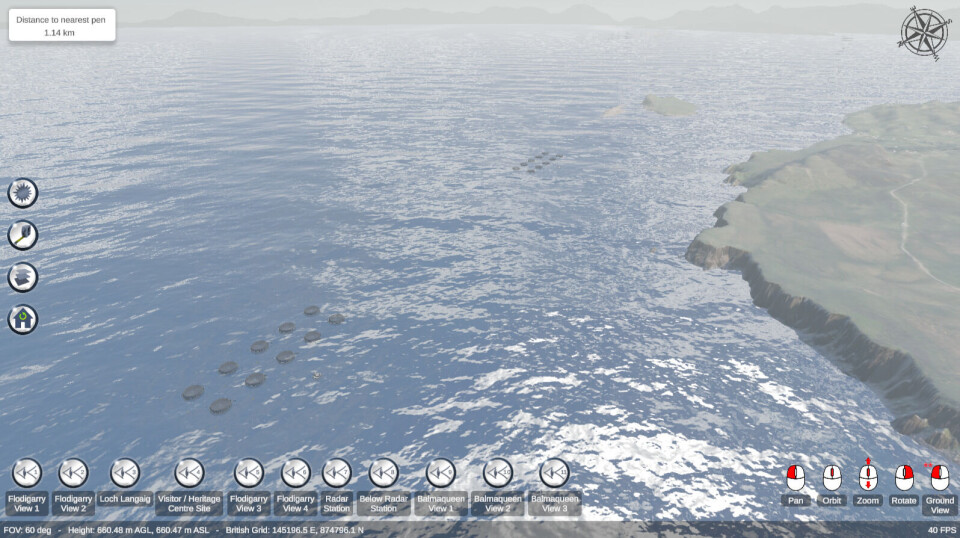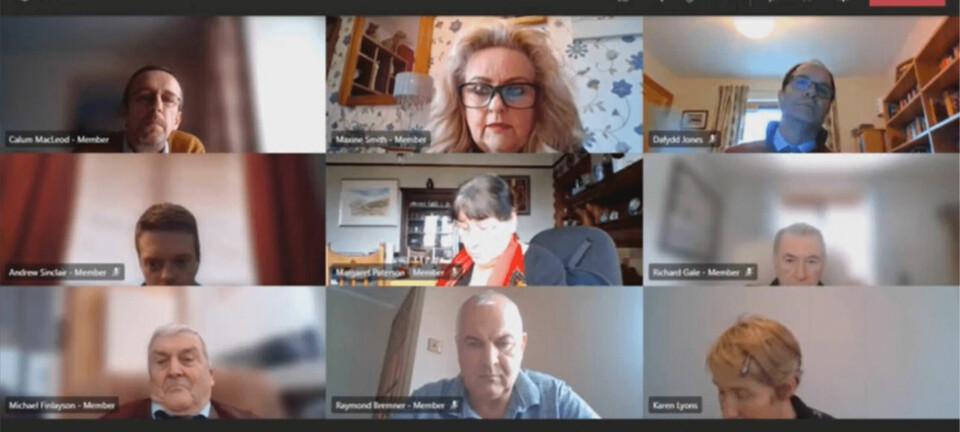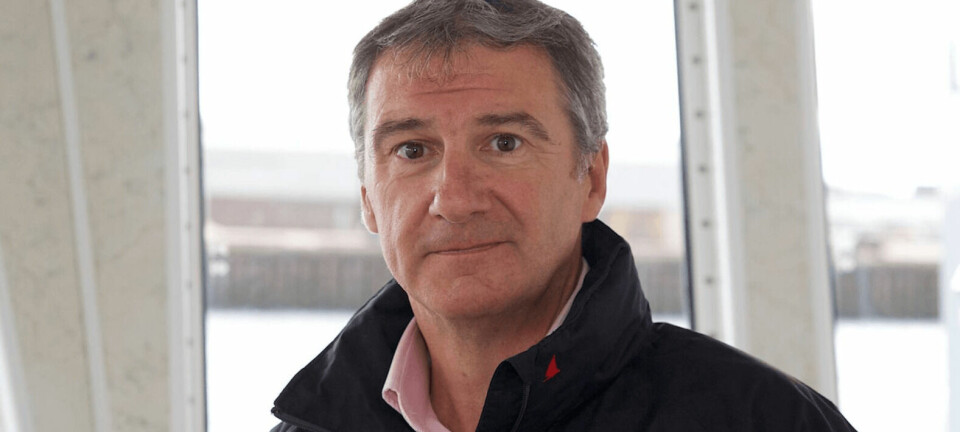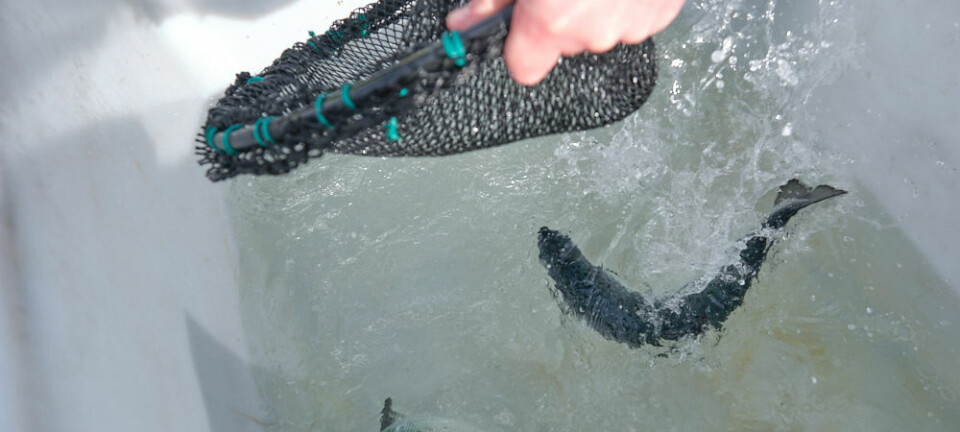
Scotland salmon producer makes fresh bid for new farms
Organic Sea Harvest submits revised applications for two sites blocked by planners and on appeal
Skye fish farmer Organic Sea Harvest (OSH) has made amended applications for planning permission for salmon farms at Balmaqueen and Flodigarry, off the northeast coast of the island.
If it gets the go-ahead for both sites, the Staffin-based farmer will be able to double its production volume to around 12,000 tonnes over a 15-month cycle and increase the company’s financial stability.
OSH farms two sites at Invertote and Culnacnoc, to the south of the proposed sites, and has always said it needs at least one more for security of supply and a more viable fallowing regime.
The Scottish Environment Protection Agency (SEPA) granted OSH licences for a maximum allowed biomass (MAB) of 2,350 tonnes at Balmaqueen in August 2020, and for 2,500 tonnes MAB at Flodigarry in April 2021.
However, planning applications for both sites were rejected
by majority vote of Highland Council’s North Planning Applications Committee,
and appeals against the Flodigarry
refusal and the Balmaqueen
refusal were rejected on the grounds that they might spoil the view for those
walking a coastal path used by an average of 5.4 people a day.
Fewer pens
The new planning applications are for slightly smaller farms, with each farm planned to have 10 x 120m pens instead of 12, and a 250-tonne-capacity concrete SeaMate feed barge supplied by Inverness company Gael Force. MAB would be lower, with 1,938 tonnes at Balmaqueen and 2,083 tonnes at Flodigarry.
In a statement on its website, OSH said it had been working with the Scottish Government, regulators, Highland Council and all other relevant stakeholders to ensure it exceeds all regulatory requirements when applying to develop the new sites.
The OSH website page devoted to the applications includes an interactive model that the company says is an accurate, scale reproduction of the northeast of Skye surrounding the proposed new sites.
“Using this model, you are welcome to move around the landscape to get an accurate representation of the visual impact of our proposed farms, what they will look like and how they will visually interact with the landscape in which we all love to live and work.”
'Flora and fauna flourishing'
The webpage also contains a video of footage filmed by an underwater remotely operated vehicle (ROV) as part of regular monitoring of the flora and fauna living on, under, and around the Invertote and Culnacnoc farms.
“We are pleased to confirm that flora and fauna is flourishing under and on our organic salmon farm,” states OSH.
The company also states that community feed back has helped it change its proposals for Balmaqueen and Flodigarry and provides a link to a document which summarises what it says it has done to reduce concerns about visual impacts and demonstrate that it is not impacting negatively on local wildlife.
“We have moved our pens (within the permitted boundaries of our lease) to minimise their visibility from key areas of concern,” states OSH in the document.
'In balance with environment'
On the issue of wildlife, OSH states: “We have been operating farms at Invertote and Culnacnoc for the last four years. In that time, we have not negatively impacted local mammals, birds, cetaceans, wild salmonid populations or transient marine species.
“It has, and always will be, our intent to farm responsibly in balance with our local environment.”
The company says it continues to work closely with Skye & Lochalsh Rivers Trust, Fisheries Management Scotland, and all other stakeholders.
The new farms would each create nine full-time equivalent jobs.
Boosting economy
“With four years of farming in Staffin we can demonstrate that Organic Sea Harvest is having a meaningful, positive impact on the local economy. These include creating 16 well paid careers in northeast Skye, spending over £1,000,000 with Skye businesses and people, and donating over £102,000 to community projects,” says OSH.
“Whilst visual, wildlife and economic impacts were the main concerns identified in our last applications, others were identified. Our hope is that over the last four years we have been a good neighbour and demonstrated that by only using legally required navigation lights we aren’t creating light pollution; our farms don’t create an adverse smell; our farms don’t create excessive noise; we haven’t impeded or interrupted local marine traffic; our experience shows that our farms provide additional interest for many tourists.”
A group of residents called Skye Communities for Natural Heritage opposes the new plans and accuses OSH of ignoring the community’s wishes.
“To cap it all, they are happy to degrade the Trotternish National Scenic Area's views for their own profit,” claims the group.

























































